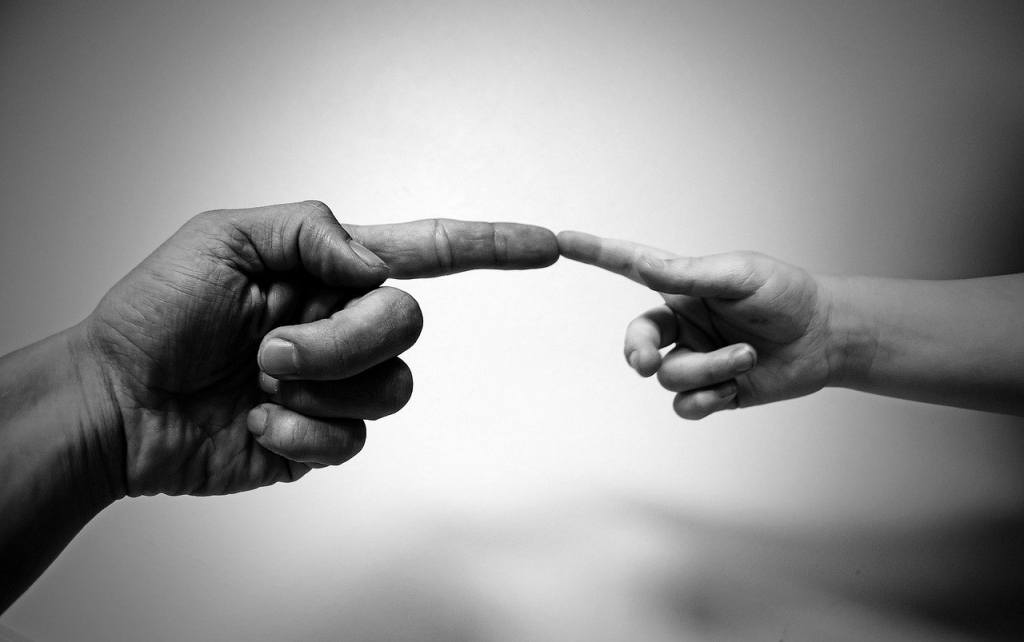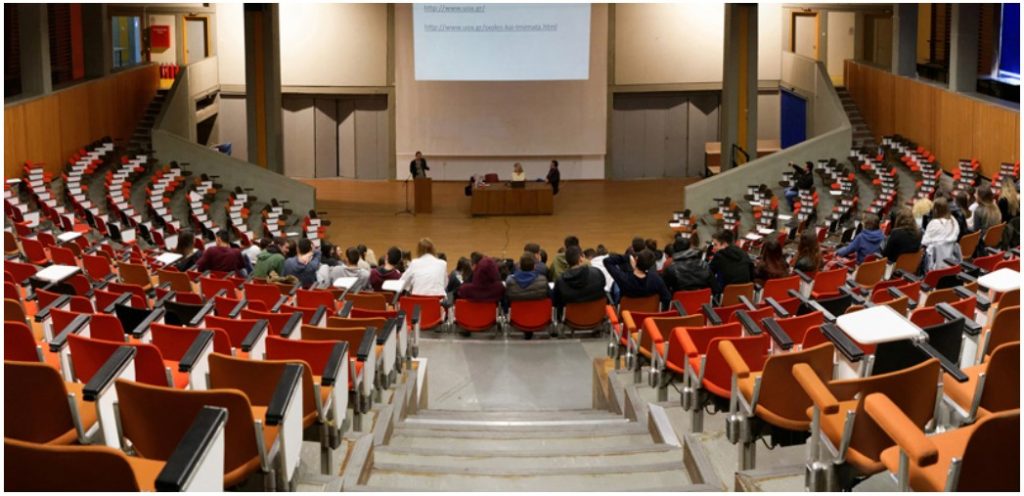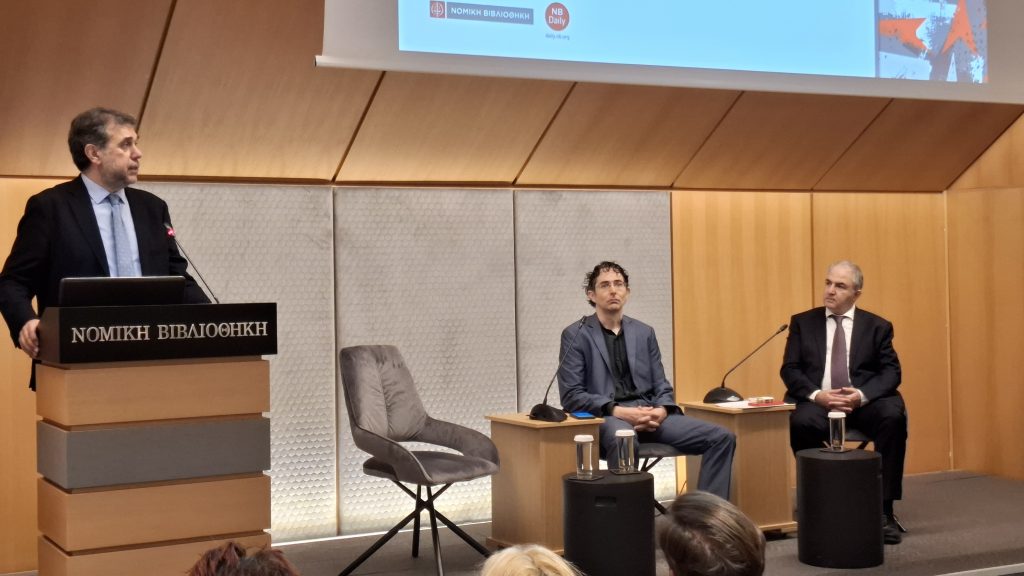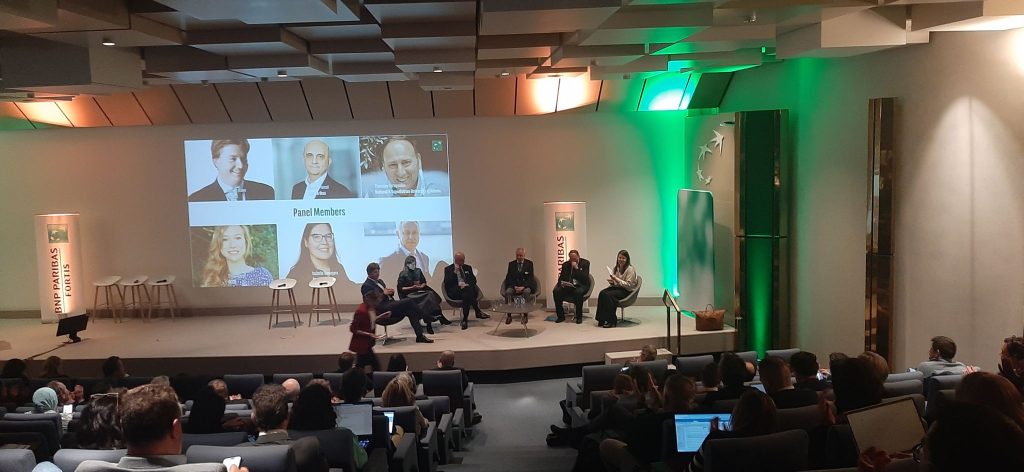I read in with interest the article by Heimrich et al, published recently in Frontiers in Medicine. I would like to make a few comments:
Check the article: https://www.frontiersin.org/articles/10.3389/fmed.2022.901420/full
1- The percentage of people feeling younger than their chronological age is certainly overestimated among the people studied, since the volunteers to participate in epidemiological studies are always more proactive, have a higher socio-economic level and are generally more optimistic. This leads to the unexpected result of having 85% of people feeling younger than their age !
2- In my opinion, the positive association between chronological age and the feeling of being younger is an expected result in this “active population”. In other words, when you are 60 and still have activities, it’s pretty normal, so you don’t need to feel younger. On the contrary, if you have activities in your late 80s, you will definitely feel younger.
3- Most of the factors associated with the feeling of being younger also have an element of subjectivity: better standard of living, better state of health, greater life satisfaction, more positive attitudes towards aging, and fewer depressive symptoms. Some others depend on these subjective feelings, such as having more frequent physical activities. Therefore, I think it’s a rather tautological result, i.e. I feel younger because I feel better in my personal life vs. I feel older because I feel bad about my life…
I think, It would be much more interesting to have longitudinal data in order to know if people who feel younger at a given age (for example at 65), have a better aging trajectory over the next 10 or 15 years.
Prof A. BENETOS MD, PhD
Head of the Geriatric Department
University Hospital of Nancy
Director of the FHU-CARTAGE
Université de Lorraine
54511 Vandoeuvre-lès-Nancy
tel: +33 3 83 153322






![9ο Σεμινάριο Πολιτικής Φιλοσοφίας [11/07/2025]](https://hub.uoa.gr/wp-content/uploads/2025/07/books-g44d53580e_1280-1024x682-1.jpg)

![Το 63ο διεθνές συνέδριο χορού στην Αθήνα [2-6 Ιουλίου]](https://hub.uoa.gr/wp-content/uploads/2025/07/ΟΡΧΗΣΗ-ΓΙΑ-ΤΗΝ-ΕΙΡΗΝΗ-1024x576.jpg)

![Συναυλία Jazz του Τμήματος Μουσικών Σπουδών ΕΚΠΑ [2 Ιουλίου]](https://hub.uoa.gr/wp-content/uploads/2025/06/Jazz-night-cover-1024x576.jpg)






